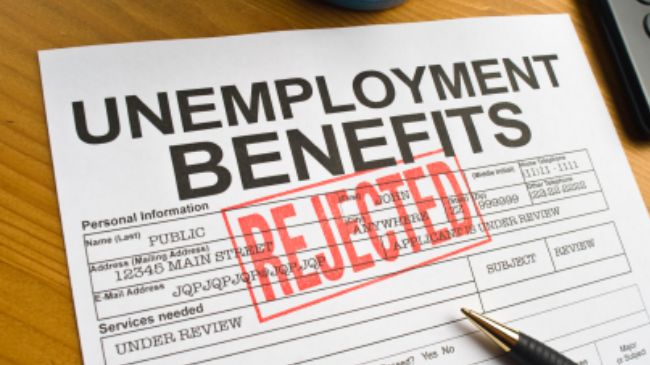
On December 28th, 2013, approximately 1.3 million Americans lost the insurance they received through the Emergency Unemployment Compensation program when Congress Republicans declined to renew the program once more, saying it would save the economy $25.2 billion a year.
Emergency Unemployment Insurance program: Since 1935, the government has provided laid-off workers with a percentage of their former salaries for a fixed term to tide them over while they obtain a new job. This emergency measure was meant to keep the heads of unemployed Americans above water in the weeks between jobs, and was expanded in 2008 to help alleviate the effects of the recession
Program Expansion: In 2008, Congress expanded the Emergency Unemployment Insurance program in a couple of ways: they created the Emergency Unemployment Compensation program for additional aid after state benefits expired, and paid for the 13 or 20 weeks of extra benefits in states where unemployment was particularly high. Because of this, about two-thirds of states offered unemployment benefits for up to 63 weeks, with Nevada, Illinois, and Rhode Island extending it for 73 weeks.
Expiry of Emergency Unemployment Compensation Program: The first impact of the program’s expiry means that benefits will be cut off at the 36th week, with 1.3 million losing theirs immediately, and 4.9 million receiving less aid than when the extension was in place. The Wall Street Journal wrote an article detailing the states where workers will be hit the hardest: California, Georgia, Illinois, Nevada, and New Jersey. The Washington Post offers up another sobering statistic: for ever job opening, there are 2.9 unemployed workers vying for it, a worse figure than at any time during the 2001 recession. But the worst news comes for the long-term unemployed (unemployed for 27 or more weeks), as employers look at their resumes the least.
Consequences: Unemployment is at a 70-year high with rates not seen since World War Two, and is affecting every demographic in the United States. The Washington Post reports that long-term unemployed workers have about a 12% chance of finding a new job within a month, with that number going down every successive week they’re unemployed. Although this could be a coincidence, research conducted by Rand Ghayad of Northeastern University indicates the opposite: employers discriminate against job seekers who have been out of work for six months or longer, possibly because they think that there’s something wrong with them. It’s not a pretty situation, and there seems to be no indication it’ll end anytime soon.
Latest News
-
 Benefits of Being Bilingual in Today’s Job Market Tuesday, July 16, 2019 The ability to communicate clearly and effectively is invaluable in the workpl... Read more...
Benefits of Being Bilingual in Today’s Job Market Tuesday, July 16, 2019 The ability to communicate clearly and effectively is invaluable in the workpl... Read more... -
 States with the Lowest Number of Unemployment Collection Weeks Tuesday, June 18, 2019 Periods of unemployment can cause financial strains on you and your family. On... Read more...
States with the Lowest Number of Unemployment Collection Weeks Tuesday, June 18, 2019 Periods of unemployment can cause financial strains on you and your family. On... Read more... -
 Tips for Explaining an Unemployment Gap in Your Resume Wednesday, June 12, 2019 You may experience unemployment at some point in your career. This could be du... Read more...
Tips for Explaining an Unemployment Gap in Your Resume Wednesday, June 12, 2019 You may experience unemployment at some point in your career. This could be du... Read more...
Find Unemployment Office Locations
Latest Articles
-
 Benefits of Being Bilingual in Today’s Job Market Tuesday, July 16, 2019 The ability to communicate clearly and effectively is invaluable in the workpl... Read more...
Benefits of Being Bilingual in Today’s Job Market Tuesday, July 16, 2019 The ability to communicate clearly and effectively is invaluable in the workpl... Read more... -
 States with the Lowest Number of Unemployment Collection Weeks Tuesday, June 18, 2019 Periods of unemployment can cause financial strains on you and your family. On... Read more...
States with the Lowest Number of Unemployment Collection Weeks Tuesday, June 18, 2019 Periods of unemployment can cause financial strains on you and your family. On... Read more... -
 Tips for Explaining an Unemployment Gap in Your Resume Wednesday, June 12, 2019 You may experience unemployment at some point in your career. This could be du... Read more...
Tips for Explaining an Unemployment Gap in Your Resume Wednesday, June 12, 2019 You may experience unemployment at some point in your career. This could be du... Read more...
